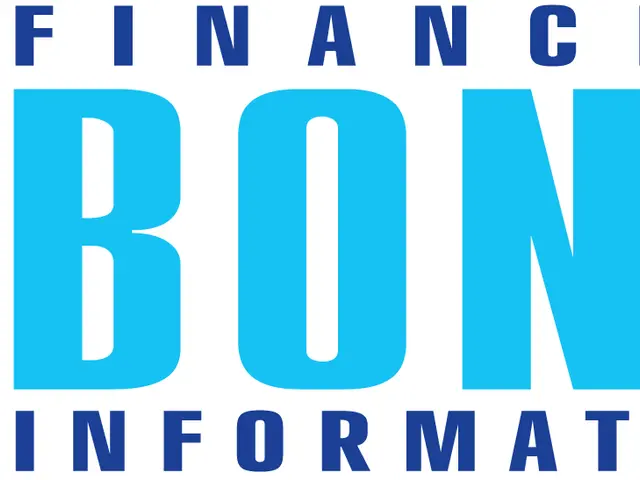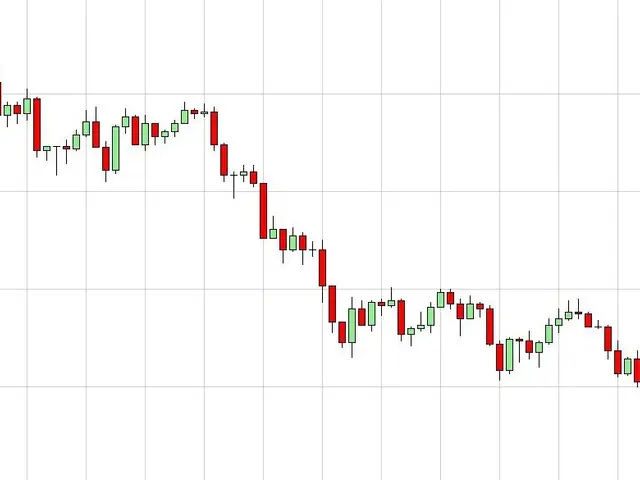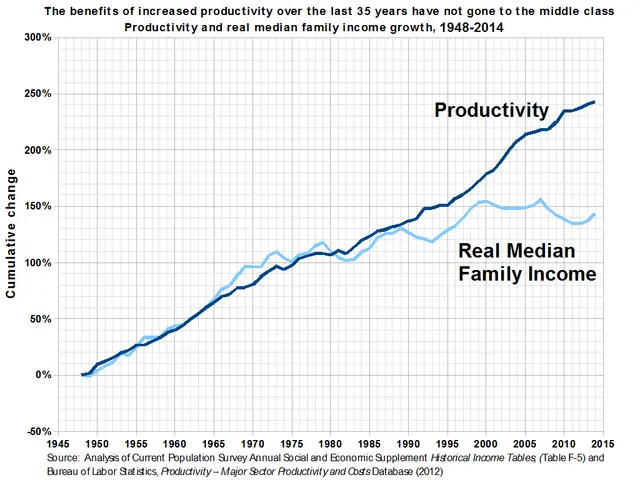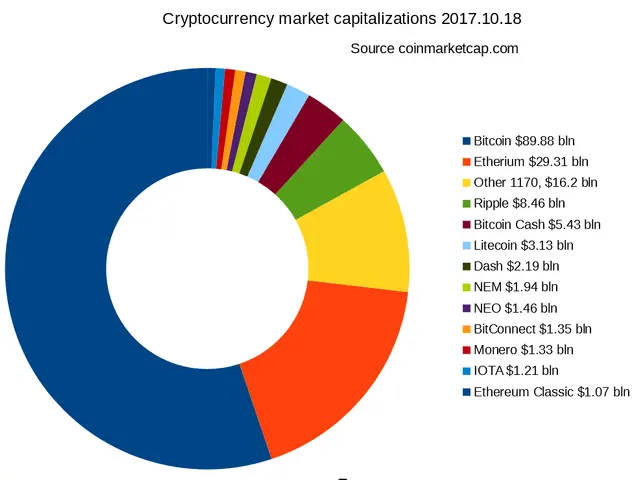Fare increase for taxis announced in Chelyabinsk city.
In Chelyabinsk this summer, major updates to roads and communal infrastructure have triggered a series of changes in the city's transportation system. As a consequence, residents face temporary movement restrictions and shifting public transport routes. Citing increased costs due to extended travel times and demand fluctuations, taxi services have adjusted their fares. Arthur Strashnikov, an independent taxi industry expert, revealed exclusive insights into the reasons behind these dynamic fare adjustments.
Strashnikov outlined that for over a decade, the fare prices have primarily followed the principles of supply and demand. When construction or traffic restrictions inhibit smooth routes, the increased travel time generates additional costs for drivers, ultimately reflected in the passengers' fare. Furthermore, peak hours intensify the situation due to surging demand resulting from movement restrictions.
According to Strashnikov, an aggregator's primary objective is to strike a balance between drivers and passengers by finding a suitable compromise. However, human oversight can intervene in this balance. In his professional experience, Strashnikov noticed operators adjusting fares to prevent a significant number of taxi drivers from abandoning their tasks or being inactive.
During peak hours and traffic-congested periods, fares can double or even triple, as the expert demonstrated through an experiment on taxi aggregator apps. To mitigate high fares, Strashnikov provided the following tips for passengers: scheduling trips outside peak hours, considering weather forecasts, and arranging direct agreements with taxi drivers, as an alternative to using aggregators—particularly for regular trips like school runs or airport transfers.
Discussing the benefits of direct interactions with drivers, Strashnikov emphasized his desire to develop and expand the taxi industry. In doing so, he hopes the profession will evolve from a temporary occupation to a full-fledged career. By offering suggestions that help drivers earn more, Strashnikov aims to support the growth and development of the taxi market.
Although市 граждане can face higher fares during peak hours and traffic restrictions, taxi aggregators in Chelyabinsk use human oversight to temper algorithm-driven price surges, thereby providing riders with more predictable, tolerable fares. Russian cities like Chelyabinsk may possess specific local regulations that influence how much aggregators can charge under certain conditions, and operators frequently employ tools to ensure compliance with these rules.
- I'm not sure if the increase in transportation costs in the automotive and public-transit industries, as a result of infrastructure updates in Chelyabinsk, will significantly affect the local finance industry.
- In the realm of fintech, it would be fascinating to explore potential solutions that could help taxi drivers in Chelyabinsk manage the financial volatility caused by fluctuating demand and extended travel times.
- Arthur Strashnikov's insights into the taxi industry suggest that human oversight plays a crucial role in ensuring fairness and stability, even in the face of algorithm-driven finance and technology advancements in transportation.








